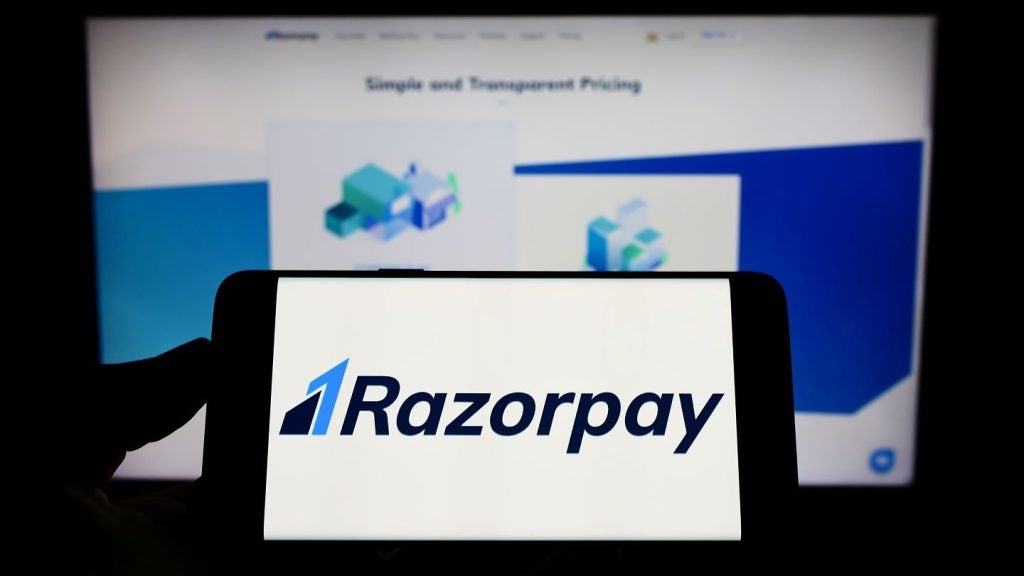
Alphabet has rolled out Google Wallet in South Africa as it tried to gain a foothold in the country’s quickly expanding digital payments segment, reported Reuters.
The Covid-19 pandemic has paced up the move to digital transactions, with people increasingly becoming comfortable in making contactless payments through their smart devices.
Furthermore, the high penetration of smartphones has also aided in accelerating digital transactions.
Once the Google Wallet app stores consumers’ credit or debit card details, they can pay for goods by tapping their phone against a point of sale at the checkout counter of a retail store.
Customers holding the cards of FirstRand Bank, Discovery Bank, Investec, Standard Bank, ABSA and Nedbank can add their card details to the app.
They can pay with their smartphones or even use OS devices where contactless payments are acceptable.

US Tariffs are shifting - will you react or anticipate?
Don’t let policy changes catch you off guard. Stay proactive with real-time data and expert analysis.
By GlobalDataIn 2021, Google’s competitor Apple launched its Apple Pay mobile payment system in South Africa.
In February, the Russian central bank has said that Google Pay and Apple Pay services will not be available to users of cards issued by Russian banks that have been hit by sanctions due to the Ukraine crisis.
In March, both the technology giants closed a loophole that allowed Russians to continue using their respective mobile wallets even after the firms restricted their service in the country in the wake of Moscow’s invasion of Ukraine.







